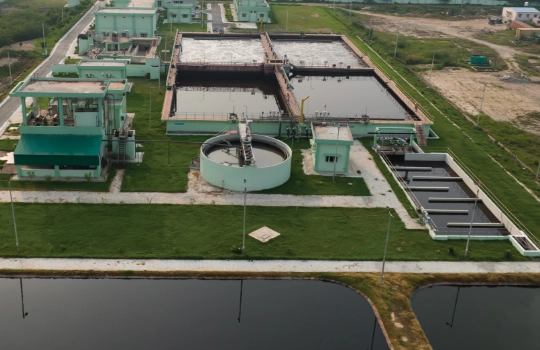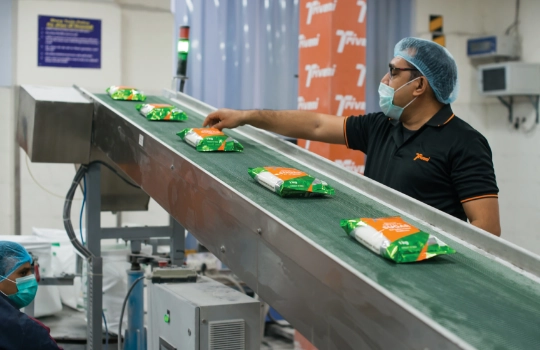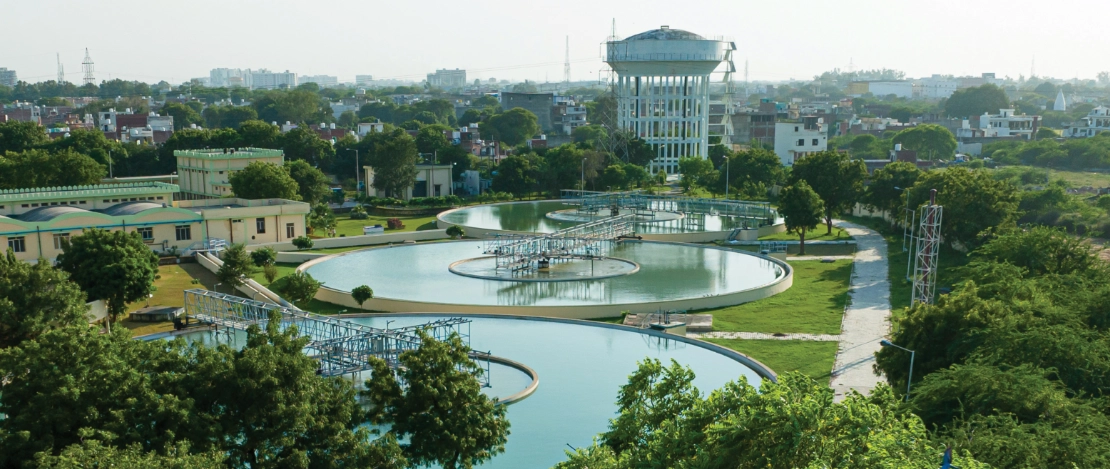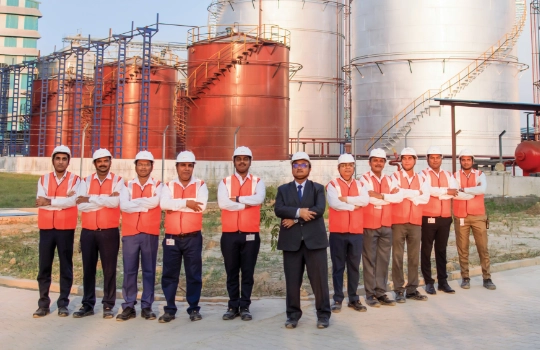×
- Corporate Overview
- Investing for Sustainable Growth
- Stronger and Sustainable Business Model
- Leading our Journey to Long-Term Success
- Committed to Creating Perpetual Value for All
- Progress Strengthened by Financial Prudence
- Financial Performance
- Operational Performance
- Driving Excellence with Technology
- Business Segment Review
- Charting A Course for Sustainable Progress
- Investing for Sustainable Growth
- Management Statements
- Management Discussion and Analysis
- Business Responsibility and Sustainability Report
- Statutory Reports & Download Centre



